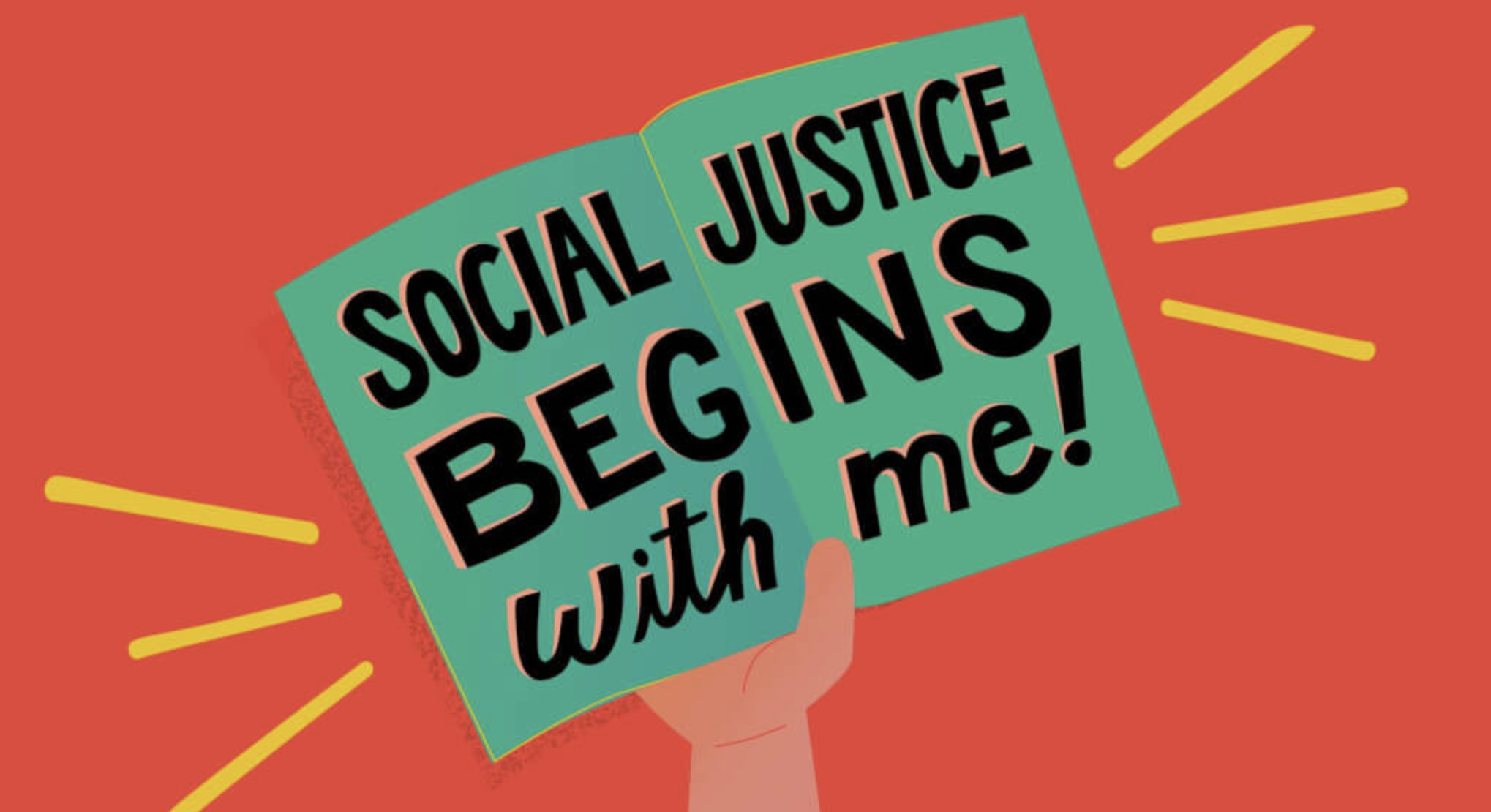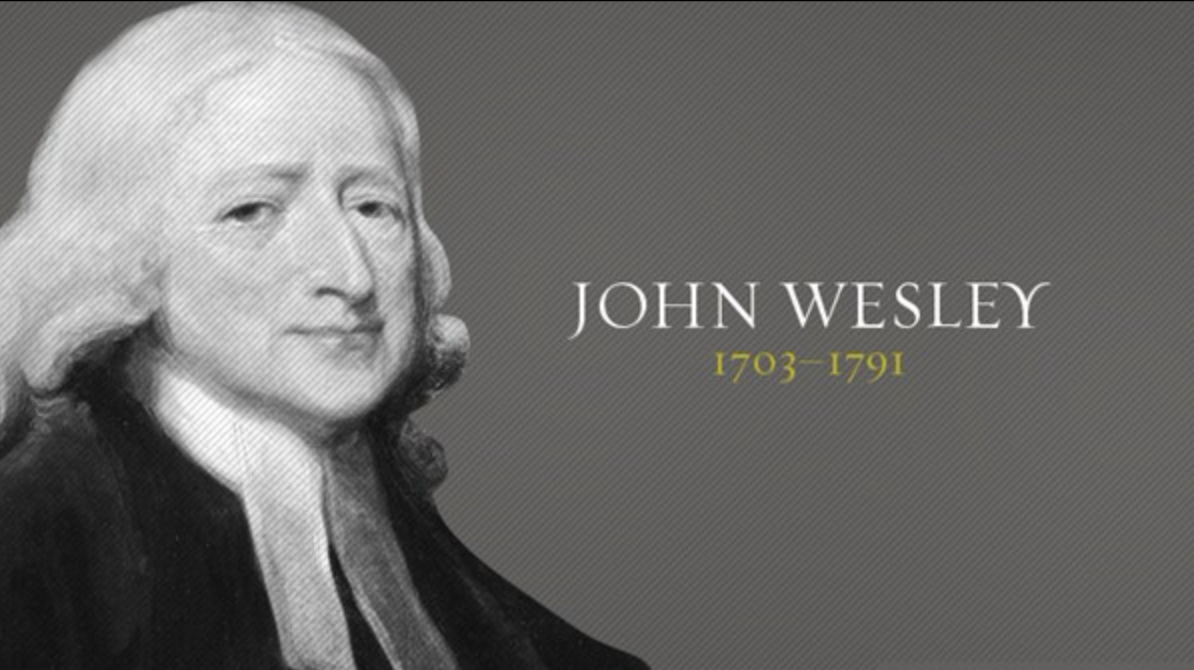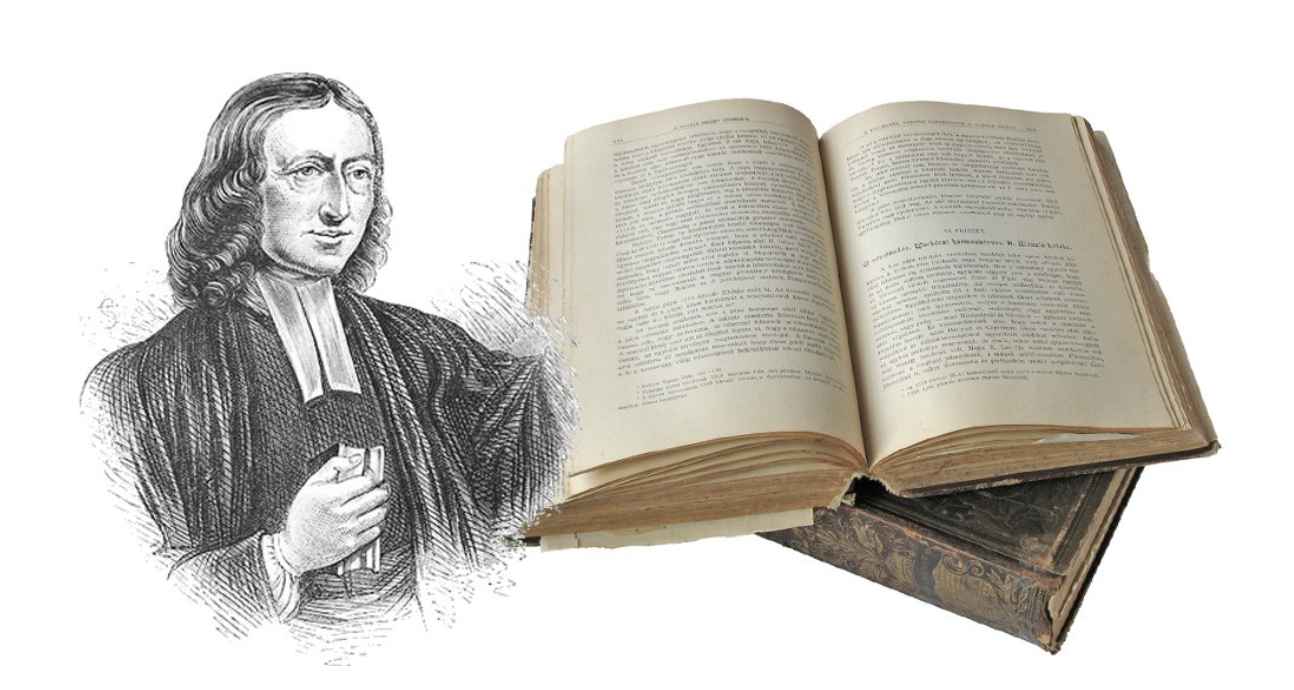Social justice is an integral part of the Wesleyan tradition, which is based on the teachings of John Wesley, the founder of the Methodist movement. Wesleyan theology emphasizes the importance of caring for the poor and marginalized, and working towards greater justice and equality in society.
The Biblical Basis for Social Justice
Justice is a strong theme in the Old Testament prophets, whose acerbic critiques of injustice would go on to influence generations of civil rights leaders and activists. Perhaps the most famous is Martin Luther King Jr.’s quotation of Amos: “But let justice roll down like waters, and righteousness like an ever-flowing stream” (Amos 5:24, NRSV). Amos was a humble agriculturist from Judea who was called upon to preach the importance of compassion to the wealthy inhabitants of the northern kingdom of Israel. Throughout Amos 5-6, the prophet lashes out against the hypocrisy of the powerful who vainly commit themselves to hollow displays of piety, while exploiting the poor and the downtrodden.
In the New Testament, we also see a strong emphasis on caring for the poor and marginalized. In the Gospel of Matthew, Jesus says, “Truly I tell you, just as you did it to one of the least of these who are members of my family, you did it to me” (Matthew 25:40, NRSV). Commenting on Matthew 25, Wesley commemorates people who help the marginalized, stating that those “that feed the hungry, give drink to the thirsty, clothe the naked, relieve the stranger, visit those that are in prison, according to their power and opportunity, shall ‘inherit the everlasting kingdom'” (Sermon 98, On Visiting the Sick).
The Role of the Church in Social Justice
In the Wesleyan tradition, the church has an important role to play in promoting social justice. John Wesley believed that the church should be actively engaged in caring for the poor and marginalized, and in working towards greater justice and equality in society. He wrote extensively on this topic in essays such as Thoughts on the Present Scarcity of Provisions (1773), and his sermons and writings continue to inspire Christians today.
One of the ways in which the church can promote social justice is by providing practical support to those in need. This can include things like providing food and shelter to the homeless, offering healthcare to those who cannot afford it, and providing education and job training to those who are struggling to make ends meet. The church can also advocate for policies that promote social justice, such as fair wages, affordable housing, and access to healthcare.
The Importance of Personal Holiness
While social justice is an important part of the Wesleyan tradition, it is also important to remember that personal holiness is essential. John Wesley believed that personal holiness was necessary for effective social action. Wesley emphasized the connection between “inward and outward holiness”, noting that having the right state of mind should lead to right action, just as the Bible encourages us: “following as he who called you is holy, be holy yourselves in all your conduct” (1 Peter 1:15, NRSV).
For Wesley, love is not merely an internal state of mind, but something external as well: love becomes manifest through social action and our relationships with others. Wesley admonishes us to “love all men as yourself with a love not only ever flaming in your heart, but flaming out in all your actions and conversations, and making your whole life one labor of love” (Sermon 18, The Marks of the New Birth).
Wesleyan theology emphasizes that personal holiness and social justice are intimately connected. As we grow in our relationship with God, we become more aware of the needs of those around us, and we are moved to action. As we work for social justice, we are also challenged to grow in our personal holiness, and to live out the teachings of Christ in our daily lives.
The Example of John Wesley
John Wesley’s life and ministry provide a powerful example of the importance of social justice in the Wesleyan tradition. Throughout his life, Wesley was deeply committed to caring for the poor and marginalized, and to working towards greater justice and equality in society. He wrote extensively on this topic, and he put his beliefs into action by providing practical support to those in need.
Wesley was a strong abolitionist and critic of slavery, writing “Let none serve you but by his own act and deed, by his own voluntary action. Away with all whips, all chains, all compulsion!” (Thoughts on Slavery, 1774). He was also a mentor to William Wilberforce who helped enact the abolition of slavery in the British Empire.
Wesley’s commitment to social justice was rooted in his deep faith in God, and in his understanding of the Bible. He believed that the call to social justice was a central part of the Christian faith, and he worked tirelessly to make the world more just.






